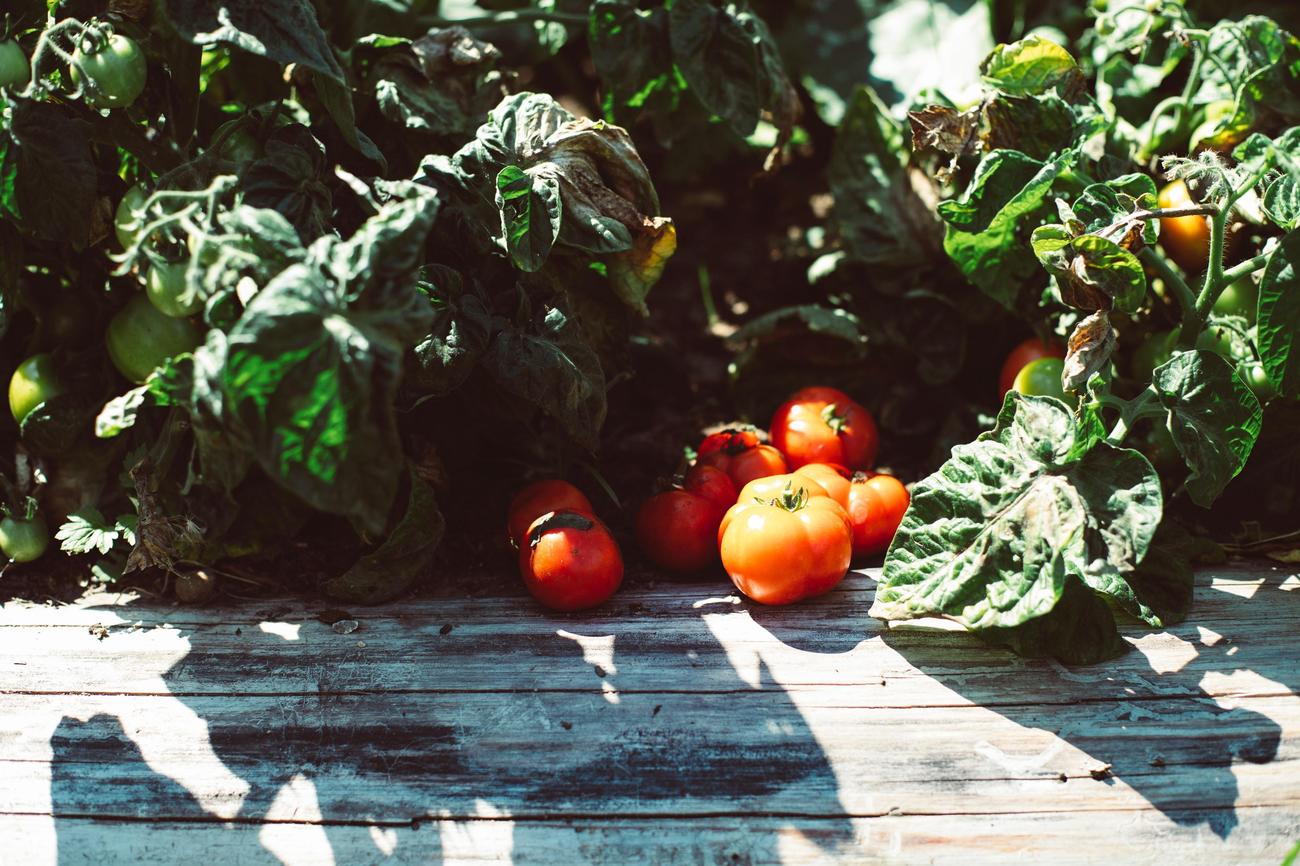Imagine a world where cotton is grown without depleting precious water resources, without the use of harmful chemicals, and without damaging the soil. A world where cotton farming not only sustains the livelihoods of farmers but also preserves the fragile ecosystems that we rely on. This article will delve into the realm of sustainable cotton farming practices, offering innovative solutions that revolutionize the industry and pave the way for a greener future. Join me as we explore the transformative power of sustainable agriculture and how it can shape the future of the cotton industry.

Sustainable Cotton Farming Practices
The cotton industry plays a significant role in our economy and daily lives, but it also has a considerable impact on the environment. However, by embracing sustainable cotton farming practices, we can revolutionize the industry and pave the way for a greener future. In this article, we will delve into key sustainable solutions that have the potential to minimize negative effects and maximize positive outcomes for cotton farming.
Minimizing the Negative Effects of Pesticides
One of the major concerns in cotton farming is the use of pesticides, which can have detrimental effects on the environment and human health. However, sustainable cotton farming practices provide effective alternatives to minimize these negative effects.
By adopting integrated pest management (IPM) strategies, farmers can reduce their reliance on synthetic pesticides. IPM incorporates a combination of natural controls, such as beneficial insects, crop rotation, and targeted spraying, to control pests effectively without causing harm to the ecosystem. Implementing these sustainable practices not only reduces pesticide use but also helps maintain a healthy balance in the cotton fields.
“By embracing integrated pest management strategies, cotton farmers can significantly minimize the environmental impact of pesticide use while ensuring crop protection.”
Water Responsibility in Cotton Farming
Water scarcity is a pressing issue in many cotton-growing regions, making water responsibility a key aspect of sustainable cotton farming. Implementing efficient irrigation systems and water conservation techniques can go a long way in reducing water usage in cotton fields.
Modern irrigation technologies, such as drip irrigation and precision sprinklers, ensure that water is delivered directly to the plant’s root zone, reducing water waste significantly. Additionally, rainwater harvesting and recycling systems can be employed to optimize water resources. By practicing responsible water management, cotton farmers can minimize their environmental footprint and contribute to a more sustainable future.
“By embracing efficient irrigation systems and responsible water management techniques, cotton farmers can reduce water usage and preserve this precious resource for future generations.”
Improving Soil Health in Cotton Farming
The health of the soil is paramount to sustainable cotton farming practices. Chemical fertilizers and intensive cropping systems can deplete the soil’s nutrients and degrade its structure over time. However, implementing soil rejuvenation practices can help restore soil health and improve long-term sustainability.
Crop rotation, cover cropping, and organic matter incorporation are effective methods to maintain soil fertility and structure. These practices promote biodiversity, enhance water retention, and reduce soil erosion. By focusing on soil health, cotton farmers can create a resilient farming system that benefits both the environment and their crops.
“By prioritizing soil health through practices like crop rotation and organic matter incorporation, cotton farmers can nurture a thriving ecosystem beneath their fields, leading to healthier crops and a more sustainable farming system.”
Linking Cotton Farming with Socio-Economic Development
Sustainable cotton farming practices not only benefit the environment but can also contribute to socio-economic development in cotton-growing regions. By adopting fair trade principles and supporting local communities, cotton farmers can create a positive impact on the lives of those involved in the cotton production process.
Fair trade certification ensures that farmers receive fair prices for their cotton and encourages the use of sustainable and ethical practices. Moreover, supporting education and training programs for cotton farmers can empower them with the knowledge and skills needed to implement sustainable farming techniques effectively.
“By embracing fair trade principles and investing in education and training programs, cotton farmers can foster socio-economic development in their communities while promoting sustainable cotton production.”
Challenges and Support for Sustainable Cotton Farming
While sustainable cotton farming practices offer promising solutions, it’s important to address the challenges that farmers may face in adopting these practices and provide them with the necessary support.
Challenges such as limited access to sustainable inputs, high production costs, and lack of awareness can hinder the widespread adoption of sustainable practices. To overcome these challenges, policymakers, industry stakeholders, and organizations need to collaborate and provide farmers with access to affordable and sustainable inputs, financial support, and knowledge-sharing platforms.
“By providing farmers with the necessary support, we can empower them to overcome challenges and embrace sustainable cotton farming practices, ensuring a greener and more prosperous future.”
In conclusion, sustainable cotton farming practices hold the key to revolutionizing the industry and creating a greener future. By minimizing the negative effects of pesticides, practicing water responsibility, improving soil health, linking cotton farming with socio-economic development, and addressing challenges through support and collaboration, we can pave the way for a more sustainable and environmentally friendly cotton industry.
“Through sustainable cotton farming practices, we have the power to transform the cotton industry into a force for positive change, benefitting both the environment and the communities involved.”
Cotton fabric is a versatile and popular choice for clothing, home decor, and more. But did you know that there are three fascinating facts about cotton fabric? Click here to uncover these intriguing tidbits and enhance your knowledge of this beloved material: 3 Facts About Cotton Fabric. Whether you’re a fashion enthusiast or simply curious about textiles, this link will provide you with valuable insights that you won’t want to miss out on. So go ahead, click away and embark on a journey of discovery!

FAQ
Question 1: What are some sustainable practices in cotton farming?
Answer 1: Sustainable practices in cotton farming include minimizing the negative effects of pesticides, ensuring water responsibility, improving soil health, linking cotton farming with socio-economic development, and implementing regenerative agriculture techniques.
Question 2: Why is minimizing the negative effects of pesticides important in cotton farming?
Answer 2: Minimizing the negative effects of pesticides in cotton farming is important to protect the environment, human health, and biodiversity. It involves using organic pest control methods and reducing chemical input to foster sustainable cotton production.
Question 3: How can water responsibility be practiced in cotton farming?
Answer 3: Water responsibility in cotton farming can be practiced through techniques such as drip irrigation, rainwater harvesting, and efficient water management systems. These methods help conserve water resources and minimize water waste.
Question 4: How does improving soil health contribute to sustainable cotton farming?
Answer 4: Improving soil health in cotton farming is crucial for sustainable agriculture. It involves practices like crop rotation, cover cropping, and organic matter addition, which enhance soil fertility, reduce erosion, and promote long-term productivity.
Question 5: How does cotton farming relate to socio-economic development?
Answer 5: Cotton farming plays a significant role in socio-economic development as it provides livelihood opportunities for farmers, fosters rural economies, and contributes to the textile and fashion industries. Sustainable cotton farming practices can further enhance these positive socio-economic impacts.
- Unlock Water’s Symbolism: A Cross-Cultural Exploration - April 20, 2025
- Identify Black and White Snakes: Venomous or Harmless? - April 20, 2025
- Unlocking Potential: Origins High School’s NYC Story - April 20, 2025















